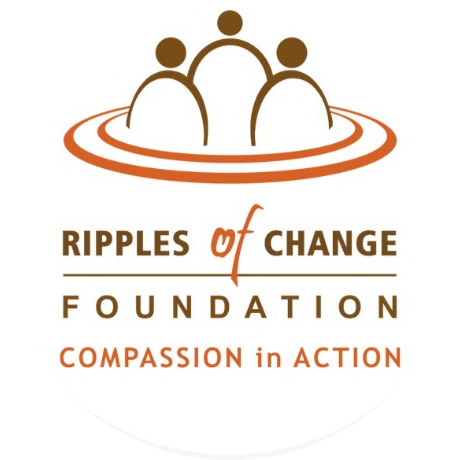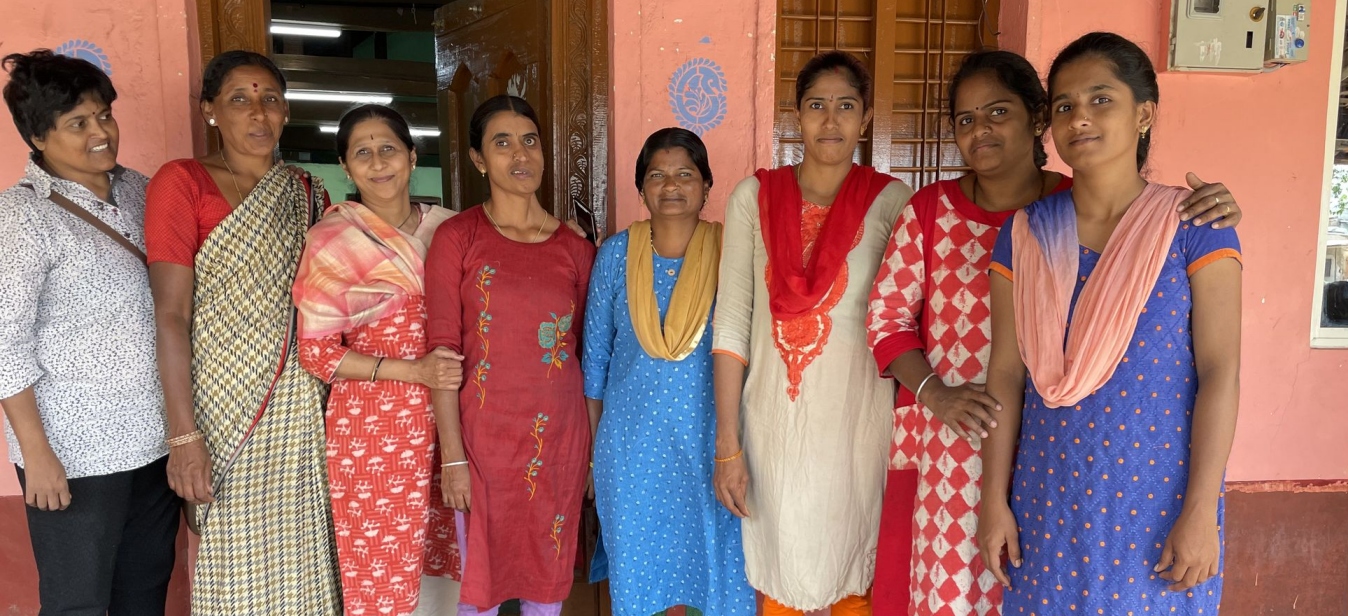Ripples of Change Foundation (ROCF) has emerged as a steadfast ally in the pursuit of empowerment and sustainable development, extending support to the Hosabelaku Artisans Foundation in their collaborative efforts with women artisan groups in rural Karnataka. ROCF recognizes the transformative impact that empowering women artisans can have on communities, and their partnership with Hosabelaku reflects a shared commitment to fostering positive change. Through strategic support and shared resources, ROCF is instrumental in amplifying the reach and impact of Hosabelaku’s initiatives, contributing to the economic upliftment of women in rural Karnataka and creating a ripple effect of positive change within these communities. Together, these foundations stand as a powerful force, championing the cause of women empowerment and artisanal revival in the heartland of Karnataka.
In the heart of Karnataka, the Hosabelaku Artisans Foundation stands as a beacon of hope and empowerment for the rural artisans who have long been the custodians of traditional craftsmanship. Established with a noble objective, this foundation aims to revive and uplift the socio-economic status of artisans by providing them with opportunities to showcase their skills and contribute to a sustainable future.
Objective:
The primary objective of the Hosabelaku Artisans Foundation is to revive and empower artisans from rural Karnataka, particularly focusing on supporting women self-help groups. By offering training programs in various crafts, the foundation seeks to enhance the skill sets of artisans, opening doors to economic independence and self-sufficiency.
Empowering Women Self-Help Groups:
A significant aspect of the foundation’s mission is to support and empower women through self-help groups. These groups play a pivotal role in creating a sense of community and collaboration among women from diverse backgrounds, including destitute women and housewives. The foundation recognizes the immense potential within these groups and aims to harness it for the greater good.
Training Initiatives:
The foundation conducts comprehensive training programs that cover a range of traditional and contemporary crafts. These include the art of making cloth bags, stuffed animals and dolls, block printing, recycling paper and plastics into pens, notebooks, and jewelry, as well as utilizing agricultural waste to craft eco-friendly footwear.
- Cloth Bags and Stuffed Animals:
Artisans are trained in the creation of cloth bags, providing an eco-friendly alternative to plastic. Stuffed animals and dolls, made with intricate craftsmanship, not only preserve traditional skills but also cater to a growing market for sustainable and handmade products. - Block Printing:
Artisans learn the traditional craft of block printing, creating unique and beautiful patterns on fabrics. This skill not only preserves cultural heritage but also enables artisans to create marketable products for a wider audience. - Recycling Paper and Plastics:
The foundation emphasizes environmental sustainability by teaching artisans to transform paper and plastics into useful products like pens, notebooks, and jewelry. This not only reduces waste but also provides a source of income for the artisans. - Using Agri Waste for Footwear:
Harnessing agricultural waste to craft footwear not only promotes sustainable practices but also creates a market for unique and eco-friendly products. Artisans are trained to turn agri waste into fashionable and comfortable footwear.
Impact on Artisans:
The Hosabelaku Artisans Foundation has witnessed a transformative impact on the lives of artisans. By acquiring new skills and participating in income-generating activities, artisans are gaining economic independence. This not only uplifts the artisans themselves but also has a positive ripple effect on their families and communities.
Conclusion:
The Hosabelaku Artisans Foundation stands as a testament to the power of preserving traditional craftsmanship while embracing sustainable practices. By focusing on empowering women self-help groups and offering diverse training programs, the foundation is contributing to the revival of rural Karnataka’s artisanal heritage. Through economic empowerment, the foundation is not only creating avenues for financial stability but also fostering a sense of pride and self-worth among the artisans. Hosabelaku Artisans Foundation is a shining example of how a dedicated initiative can bring about positive change and contribute to the sustainable livelihoods and development of communities.


